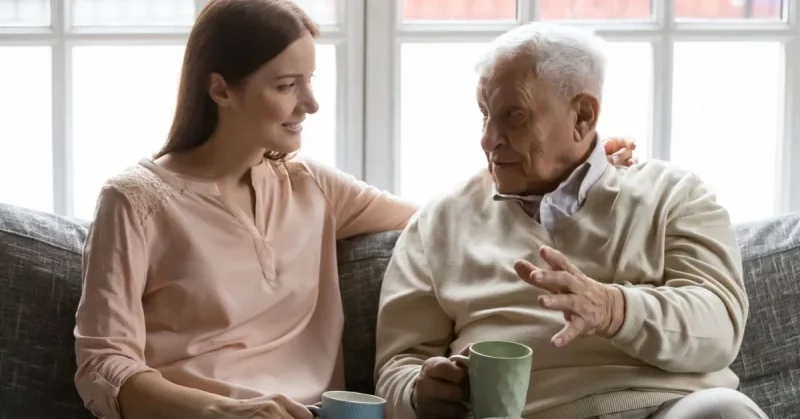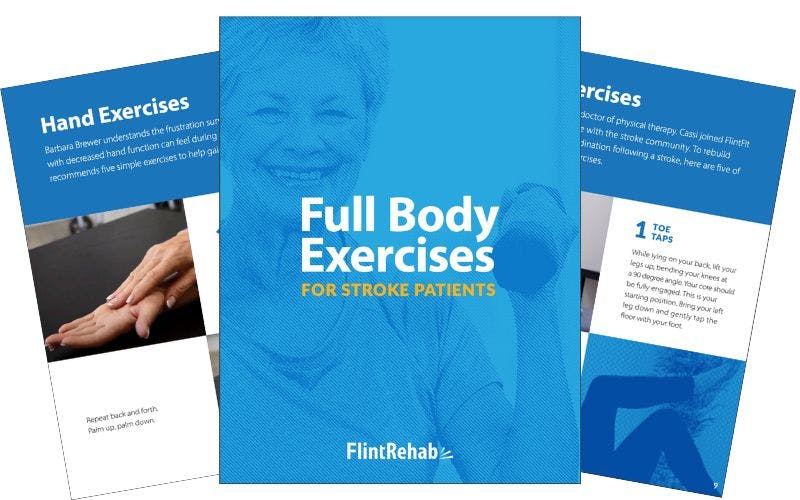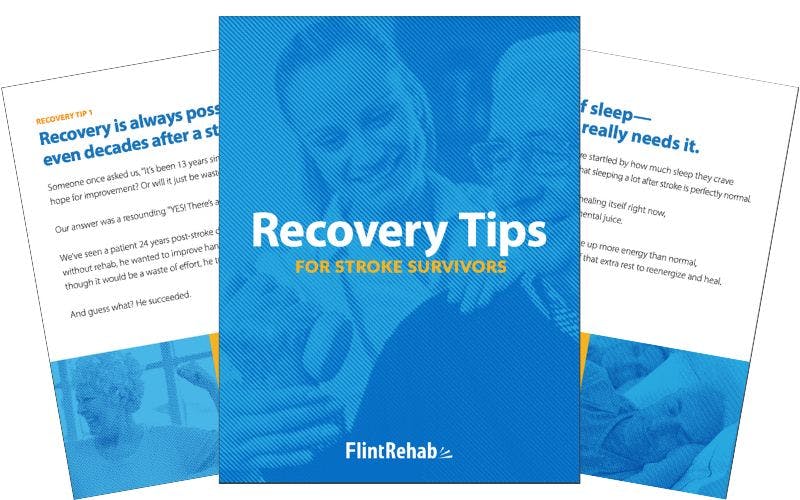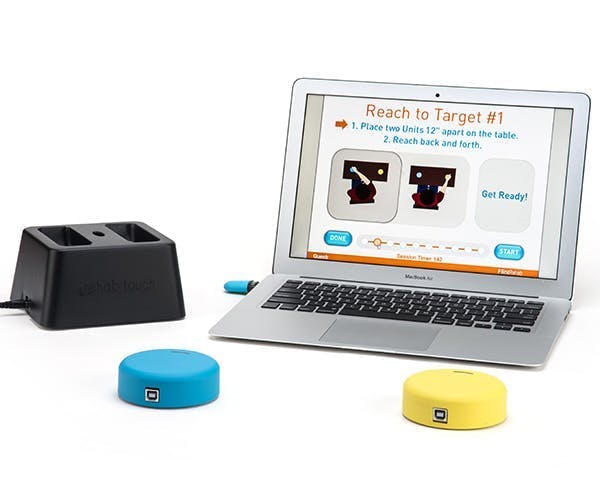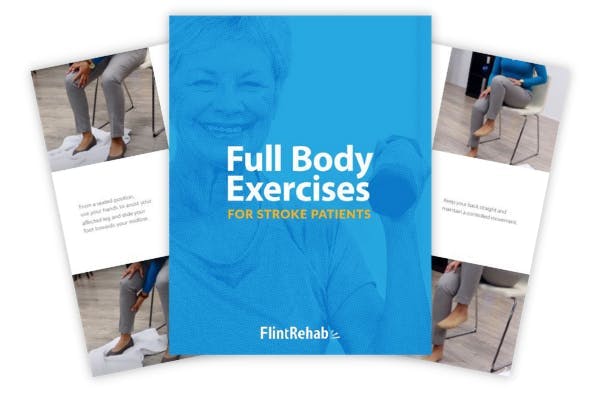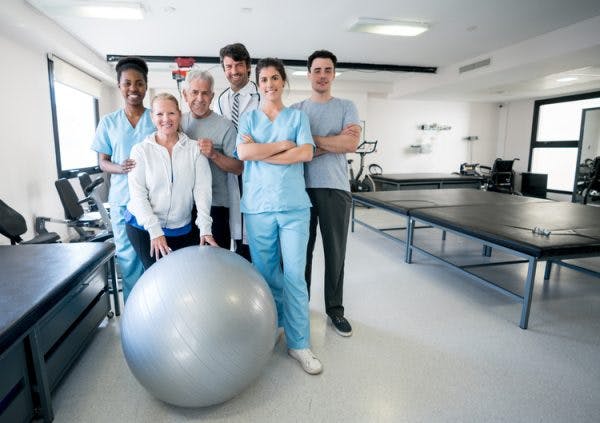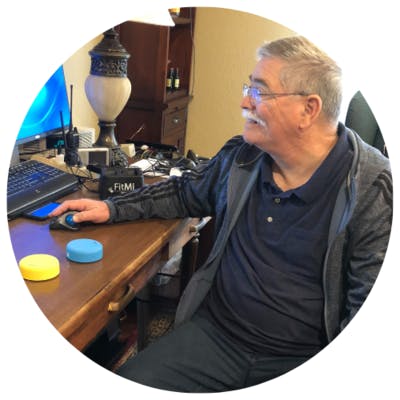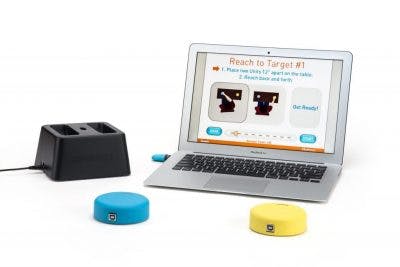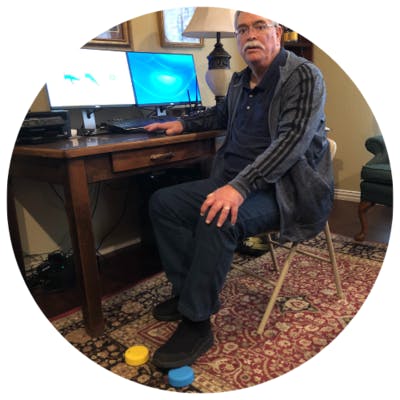A stroke can be a life-altering event, leaving individuals to navigate a new landscape of physical, cognitive, and emotional challenges. As friends, family, and caregivers, our instinct is often to offer comfort and support. However, well-intentioned words can sometimes miss the mark and unintentionally cause further distress. Understanding what not to say to a stroke survivor is just as crucial as knowing how to offer meaningful support!
This blog post aims to guide you through 13 common phrases that, while perhaps said with kindness, can be hurtful or unhelpful to a stroke survivor. By being mindful of our language, we can help our loved ones on their journey to recovery and a fulfilling life.
1. “You look great!”
While intended as a compliment, at times this statement can feel invalidating to a stroke survivor who is grappling with significant internal challenges. They might be experiencing fatigue, pain, cognitive difficulties, or emotional struggles that aren’t visible on the surface. Hearing “you look great” can make them feel like their invisible battles are being dismissed or overlooked.
Instead, try: “It’s wonderful to see you today.” or “How are you feeling?” This opens the door for them to share how they are truly doing, without feeling pressured to appear “fine.”
2. “You’re so lucky it wasn’t worse.”
Comparing their experience to a potentially worse outcome minimizes the very real difficulties they are currently facing. While gratitude can be a powerful tool, focusing on what didn’t happen can make their current struggles feel insignificant. Every stroke and every recovery journey is unique, and their challenges are valid.
Instead, try: “I’m so glad you’re here with us.” or “It must have been a really tough experience. I’m here for you.” This acknowledges the seriousness of what they went through and offers support for their present reality.
3. “Just try harder!” or “You’re not trying hard enough.”
Stroke recovery is often a marathon, not a sprint. It involves immense effort, perseverance, and often plateaus and setbacks. Implying a lack of effort can be incredibly demoralizing and can fuel feelings of inadequacy or frustration. Stroke recovery timelines vary greatly, and pushing too hard can sometimes lead to further fatigue or injury.
Instead, try: “I see how much effort you’re putting in.” or “Take your time; you’re making progress at your own pace.” This acknowledges their hard work and reinforces that their journey is unique.
4. “It could be worse; at least you can still [insert ability].”
Similar to focusing on what didn’t happen, highlighting remaining abilities can inadvertently diminish the impact of what has been lost. While it’s important to celebrate progress and strengths, it’s equally important to acknowledge the losses and the grief that can accompany them.
Instead, try: “It’s great that you can still do [that]. How are you feeling about the things that are more challenging right now?” This acknowledges both their strengths and the difficulties they are facing.
5. “When are you going back to normal?”
The concept of “normal” often changes after a stroke. Recovery can lead to a “new normal,” with adjustments and adaptations becoming a part of daily life. Expecting a return to the pre-stroke state can be unrealistic and can create unnecessary pressure and disappointment.
Instead, try: “What are your goals for your recovery?” or “How are you adapting to things now?” This focuses on their individual journey and future aspirations rather than an unattainable past.
6. “My [relative/friend] had a stroke, and they [insert different recovery experience].”
Every stroke is different, and every recovery journey is unique. Comparing their experience to someone else’s can be unhelpful and even discouraging. What worked for one person may not work for another, and it can make the survivor feel like their progress is inadequate or that their challenges are not understood.
Instead, try: “I’m here to support your recovery journey.” or “Tell me more about what you’re experiencing.” This keeps the focus on their individual needs and experiences.
7. “You need to be more positive.”
While a positive outlook can be beneficial, forcing positivity can be invalidating to the very real emotions a stroke survivor may be experiencing, such as frustration, sadness, anger, or fear. Allowing them to express their feelings without judgment is crucial for their emotional well-being.
Instead, try: “It’s okay to feel however you’re feeling.” or “I’m here to listen if you want to talk.” This offers a safe space for them to express their emotions without pressure.
8. “Have you tried [unsolicited advice]?”
While your suggestions may be well-intentioned, unsolicited advice can feel overwhelming and can undermine the survivor’s sense of autonomy. They are likely working closely with a team of healthcare professionals who are tailoring their recovery plan to their specific needs.
Instead, try: “Is there anything I can do to help with [specific challenge]?” or “How are your therapies going?” This offers support without imposing unsolicited opinions.
9. Talking about them as if they aren’t there.
Even if a stroke survivor has communication difficulties, it’s crucial to include them in conversations and address them directly. Talking about them in the third person when they are present can be dehumanizing and can make them feel invisible.
Instead, try: Making eye contact, speaking directly to them, and allowing them time to respond, even if their communication is non-verbal.
10. Rushing them or finishing their sentences.
Cognitive processing and communication can be affected by a stroke. Rushing a survivor or constantly finishing their sentences can be frustrating and can hinder their ability to communicate effectively and regain confidence.
Instead, try: Being patient, allowing them ample time to formulate their thoughts and words, and listening attentively.
11. Treating them like they are fragile or incapable.
While some limitations may exist, it’s important not to infantilize a stroke survivor or assume they can’t do things for themselves. Overly cautious behavior can undermine their independence and self-esteem.
Instead, try: Encouraging their independence while offering support when needed. Ask, “How can I best support you with this?” rather than just doing it for them.
12. Focusing solely on the stroke.
While the stroke is a significant event, it doesn’t define the person. Remember their interests, passions, and the person they were before the stroke. Conversations shouldn’t always revolve around their recovery or limitations.
Instead, try: Engaging in conversations about other topics they enjoy, just as you would have before the stroke.
13. Making assumptions about their abilities or limitations.
Every stroke survivor’s experience is unique. Avoid making assumptions about what they can or cannot do. Their abilities may fluctuate from day to day.
Instead, try: Asking them directly about their needs and preferences. “How are you feeling about doing [activity] today?”
Remember – Communication is the Key
Everybody’s recovery journey after stroke is different. As a result, the way you communicate with your loved one will be unique
The suggestions above should not be taken as strict rules but rather as guides to make us more aware top be mindful of our language.
Supporting a stroke survivor requires empathy, patience, and a willingness to learn and adapt our communication. By being mindful of the phrases we use and focusing on respectful and empowering language, we can create a more supportive environment that fosters hope, dignity, and progress on their recovery journey.
We hope this helps you continue to improve your communication with a loved one throughout their recovery and beyond!

